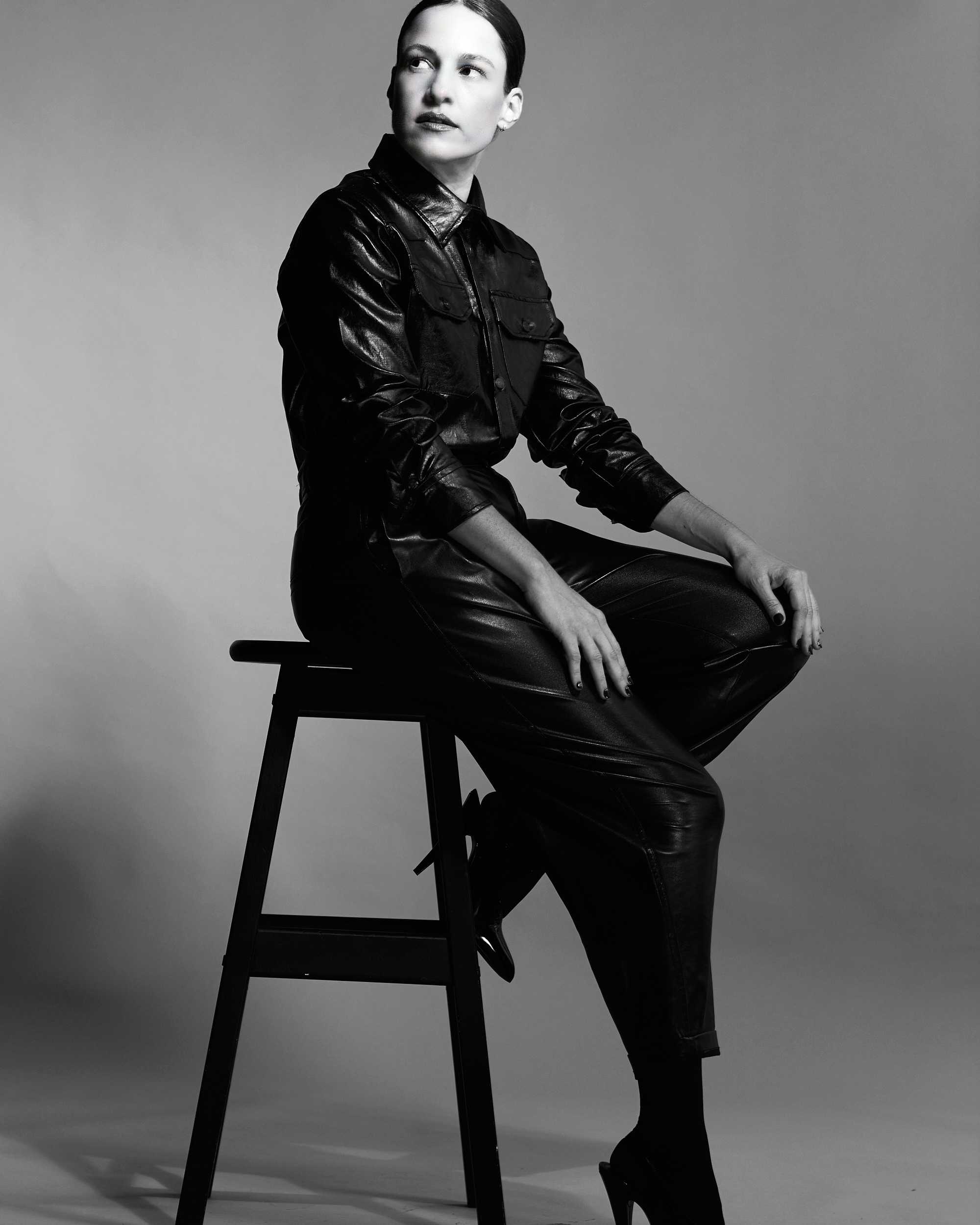Interview by Carol Wright | Photos Courtesy of Carol Fox and Associates Public Relations
Portuguese superstar Carminho is currently on the silver screen with a cameo in the Oscar-nominated film Poor Things. She talked to NYOTA about bringing fado to the screen, watching Emma Stone work, and her advice for aspiring musicians.


What initially sparked your interest in music?
I started listening to music when I was in my mother’s belly because she is a fado singer. I don’t remember when I started to sing; it was at the same time I started to speak Portuguese. Music is so ingrained in my body and present in my life that I don’t recall the day it became a part of me.
How did the opportunity to have a cameo in Poor Things come about and what made you want to be involved?
The invitation for this cameo in Poor Things came by mail through the casting director. I understood throughout the process that Yorgos wanted me to sing a traditional fado and be there in the beginning just singing. What made me want to be involved, of course, is the presence of the Portuguese language and also the fado culture in such a significant production and outstanding film from this incredible director. I was very honored and still am thankful for this invitation.
Essentially you help show Emma Stone’s character Bella Baxter having the human experience of connecting to music for the first time. Can you talk a bit about your experience on set and what went into planning out the scene?
That moment in the film when Bella Baxter listens to the fado is so intense and magical, and the same energy happened on set, it was beautiful. I played and sang live on set, and Emma was so connected with the character, truly inspiring. It was a beautiful moment I’m honored and thankful to be part of. On set, witnessing everyone’s work was magical – a big production yet so tight-knit, everyone close and connected. It was beautiful to see Yorgos at work and Emma showcasing her talent.
In the film you’re performing your song “O quarto” and are given the chance to highlight traditional Portuguese music. Why did you feel that this was the right song to be used in the film?
I’m very happy and honored to bring the Portuguese song and language to this incredible film. When Yorgos asked for suggestions about the song, I also wanted to see what he was expecting for the scene. He was looking for something traditional with a melancholic mood. I suggested this fado with lyrics I wrote myself about an empty room filled with loneliness, so empty that it doesn’t fit anything else, not even the air. It’s like an illusion, playing with words, a sensation of being stuck, alone, and empty yet full of nothing – an anxious moment of resilience. In my interpretation, after the fado, Bella Baxter sees for the first time pain in the world, confronts harder feelings, realizing the world isn’t as easy and perfect as a child might see it. It’s like a moment of growth, a transformation from a child to a woman, but it’s just my interpretation.
Did you have a different approach to performing the song in this setting since scenes have to be set up so specifically for films? Were there multiple takes that had to be done to get everything exactly how Yorgos envisioned?
What I witnessed was Yorgos doing a few rehearsals before each scene. We had two or three rehearsals before shooting the scene for real, and it was captured in just one take. It felt very natural, live on set, with me singing and interpreting the song while playing the Portuguese guitar. It was a beautiful, emotional moment, and I believe the final result closely captured the energy and atmosphere we experienced on set.
What advice do you have for aspiring musicians?
My advice to aspiring musicians is to practice consistently and find the subject that resonates with your heart and art. It’s crucial to be persistent, even when things don’t happen in the time or place you expect. Being prepared is key to seizing opportunities when they come.




